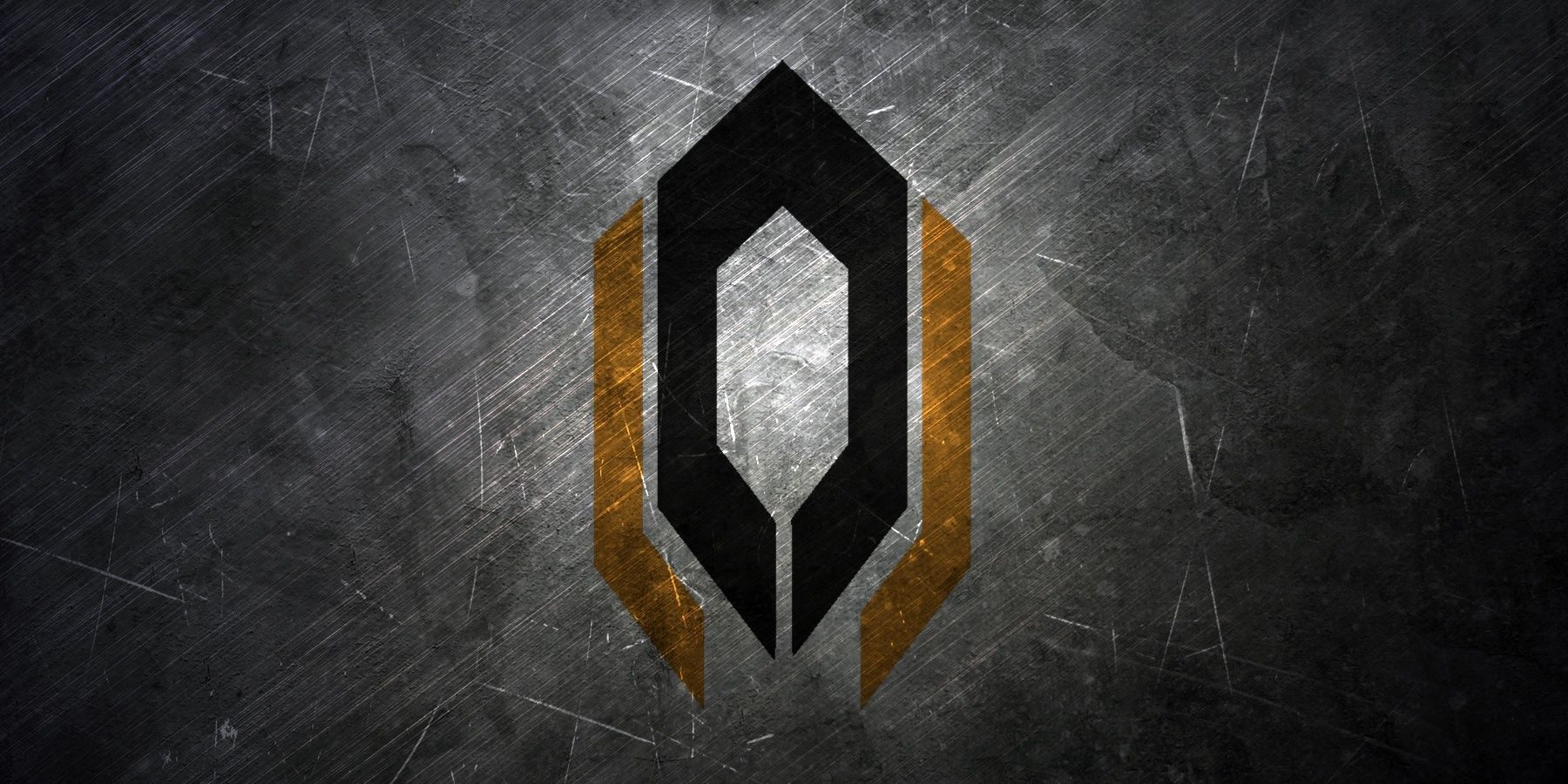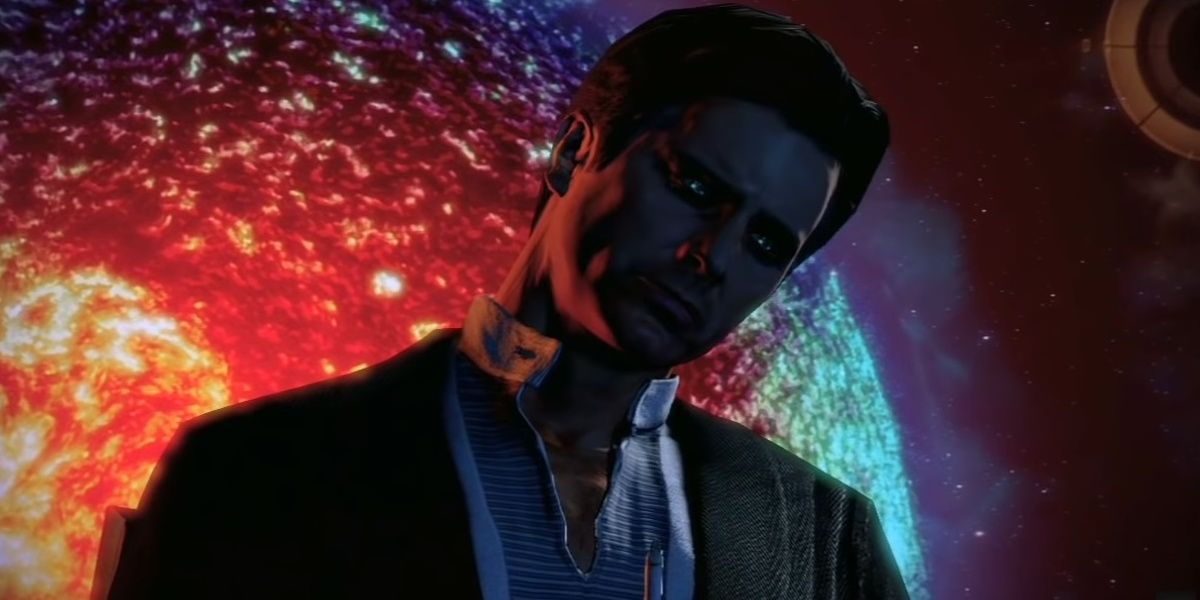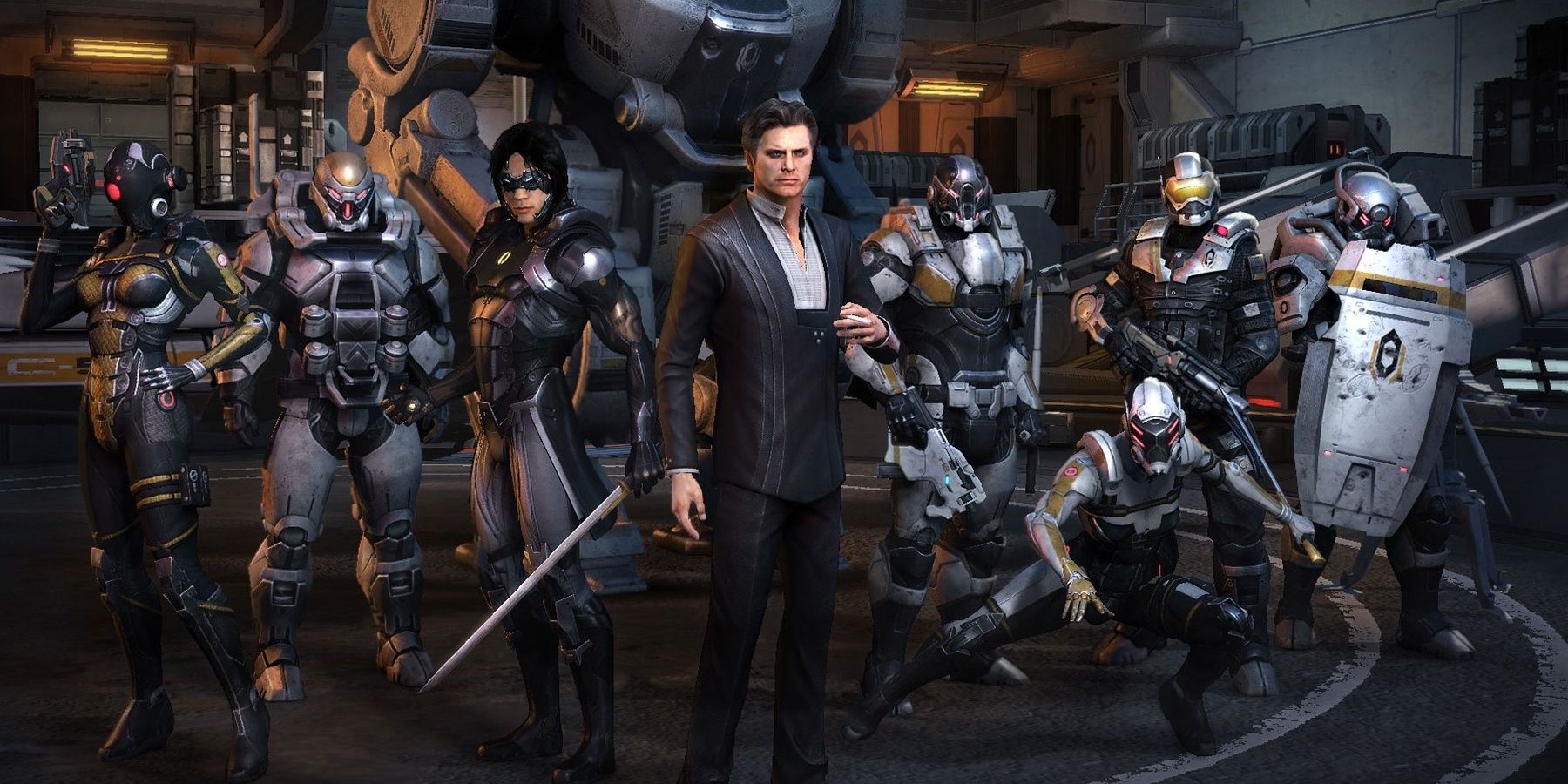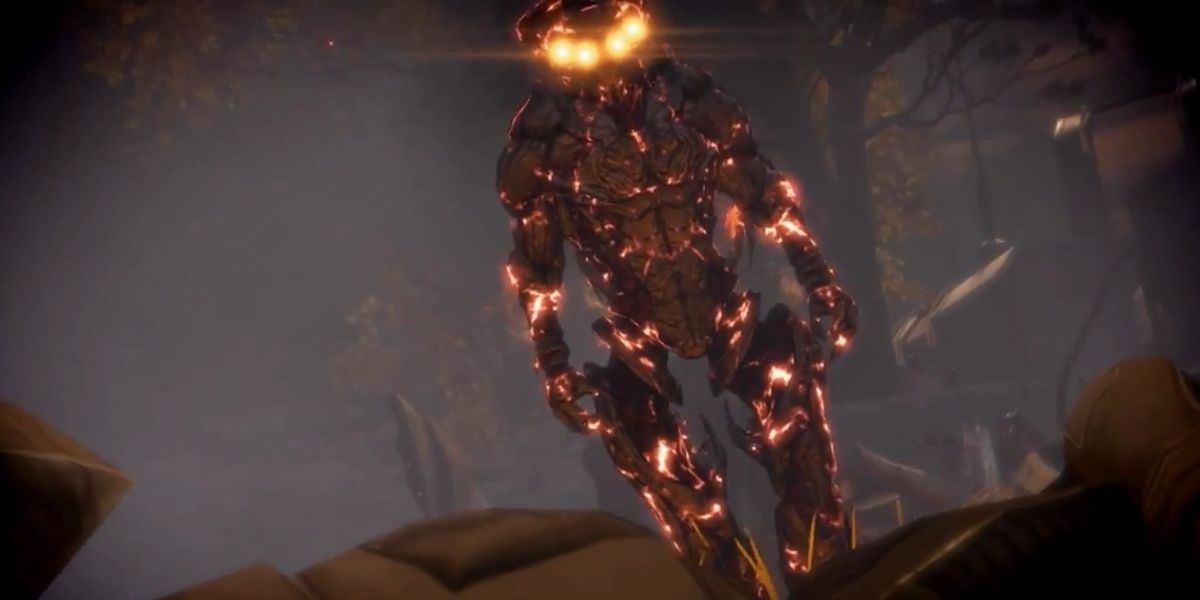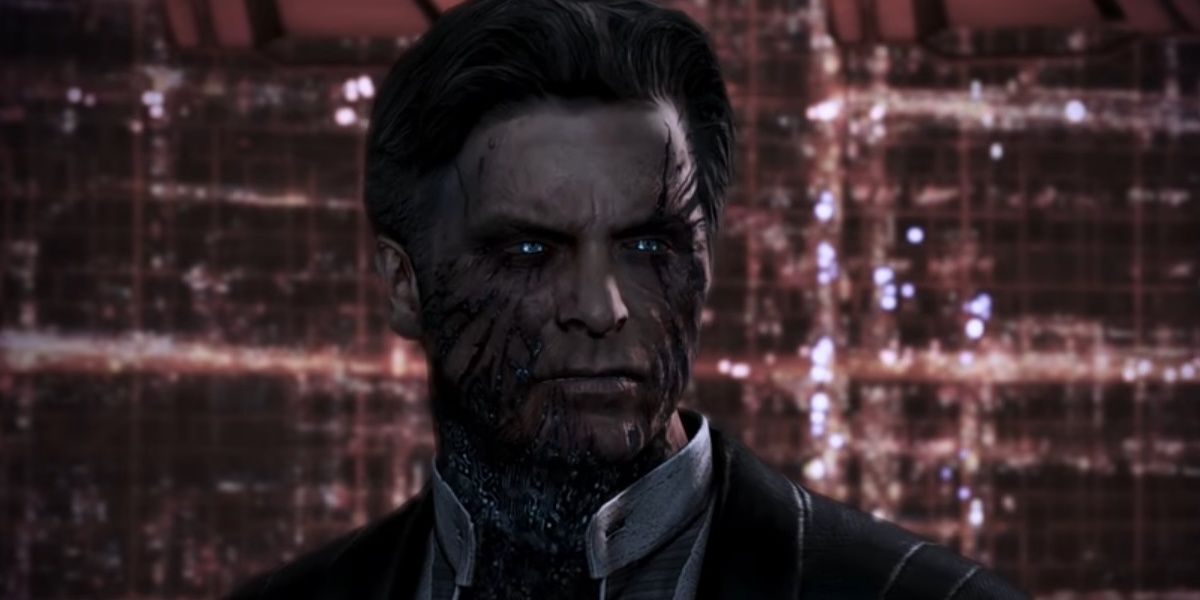Nearly all video games have clear-cut heroes and villains, from fantasy to sci-fi to horror survival titles, and in the case of Mass Effect, Cerberus is a bit more complex than that.
Origins
Cerberus is a very young organization compared to the alien groups that it intends to mimic, such as the Asari commandos and the Salarian STG, and has its roots in the First Contact War, when the Turians mistook humanity for an invading race and attacked the colony of Shanxi. The Illusive Man, then going by the name of Jack Harper, served as a mercenary and resisted Turian occupation along with his friends.
But the Turians weren't content to just occupy Shanxi. A Turian general wanted to use a powerful artifact to convert his men into super-soldiers, and though this plot was foiled, Harper decided humanity needed a way to fight back against such powerful aliens. In his eyes, humanity was doomed unless an aggressively pro-human organization could shield it. And so, he founded Cerberus.
Purpose and Methods
Cerberus' mission statement is to protect and advocate for humanity in a large, diverse and dangerous galaxy, which is what the Illusive Man and Miranda tell Shepard in Mass Effect 2. Under the Illusive Man's leadership, Cerberus will use (or steal) any technology, learn any secret and research any scientific or military lead to keep humanity safe. Thus, Cerberus is meant to act as a first line of defense against Batarians, Turians, Spectres, the geth and more.
As for its methods, this is where Cerberus becomes truly controversial in the Mass Effect setting. While many humans believe their race needs to catch up with alien Citadel races, not quite as many agree with Cerberus' actions. As Jacob told Shepard, Cerberus has a "checkered past" that is difficult to overlook, even for committed members, and the group crosses all sorts of lines. Whenever possible, Cerberus will carry out peaceful scientific research and study the alien races, like the Alliance, but its members are willing to take more extreme steps, too.
Cerberus is not intended as a terrorist organization, but still, the Council has classified it as a terrorist cell. As for why, Cerberus has provoked the alien races (and even humanity) with acts of unethical research and experiments, using explosives to sabotage alien ships or bases, kidnapping children and people, torture and interrogation, among other things. A peripheral Cerberus lab on Pragia, for example, was dedicated to torturing and drugging children, like Jack, to unlock the true biotic potential of humanity, and the methods were extreme. On top of all that, Cerberus also exploits people's weaknesses to control them and turn them to its side, as seen with an agent named Paul Grayson in the tie-in books.
Vigilante Actions
During the events of Mass Effect 2, Cerberus undergoes its most virtuous mission: to fight back against the Collectors and protect human colonies from abductions. This is one of the few times when Cerberus' agenda to protect humanity does not conflict with non-hostile alien races, since the Collectors are no one's friend. Cerberus is so anxious to solve the problem, the Illusive Man gives Shepard a great deal of operational freedom (with Miranda as an observer) and recruits a number of aliens to assist in Shepard's mission.
But the Illusive Man is still a ruthless boss, and he willingly lured Shepard into a trap in the seemingly disabled Collector battleship to obtain some much-needed intel on the Collector homeworld. He also had a science team working aboard a derelict Reaper, and seemed unconcerned the crew had been converted into husks. All he wanted was the Reaper IFF, and he made sure EDI, a highly illegal AI, was wired with it to get Shepard to the Collector homeworld.
Overall, Cerberus operates more like a vigilante force than a terrorist cell during this game, but that absolutely changes in Mass Effect 3.
Stealing The Future
Ultimately, Cerberus ties neatly into one of the core themes of the original Mass Effect trilogy: Your future should be earned, not given to you. The geth learned this lesson when they borrowed Reaper power and became monsters, but when they broke free of the Reapers, they made peace with the Quarians and proudly declared that they would build their own place in the universe.
As for the Illusive Man, he started out as a pro-human advocate, but his reckless ambition and "ends justify the means" attitude meant he went the way of the geth: he tried to steal power from the Reapers. He was convinced beyond all reason the awesome power of the Reapers would "secure human dominance" for all time. The rest of Cerberus followed him, and they all became unwitting tools of the Reapers, even having Reaper tech in their bodies, as Shepard discovered on Mars).
The Illusive Man suffers a breakdown when Shepard and Anderson confront him about this during the third game's finale, and he can even be convinced to take his own life to escape the Reapers' clutches. Regardless, the Illusive Man dies, taking Cerberus with him as a grim reminder of the consequences of reckless ambition and zealotry.

